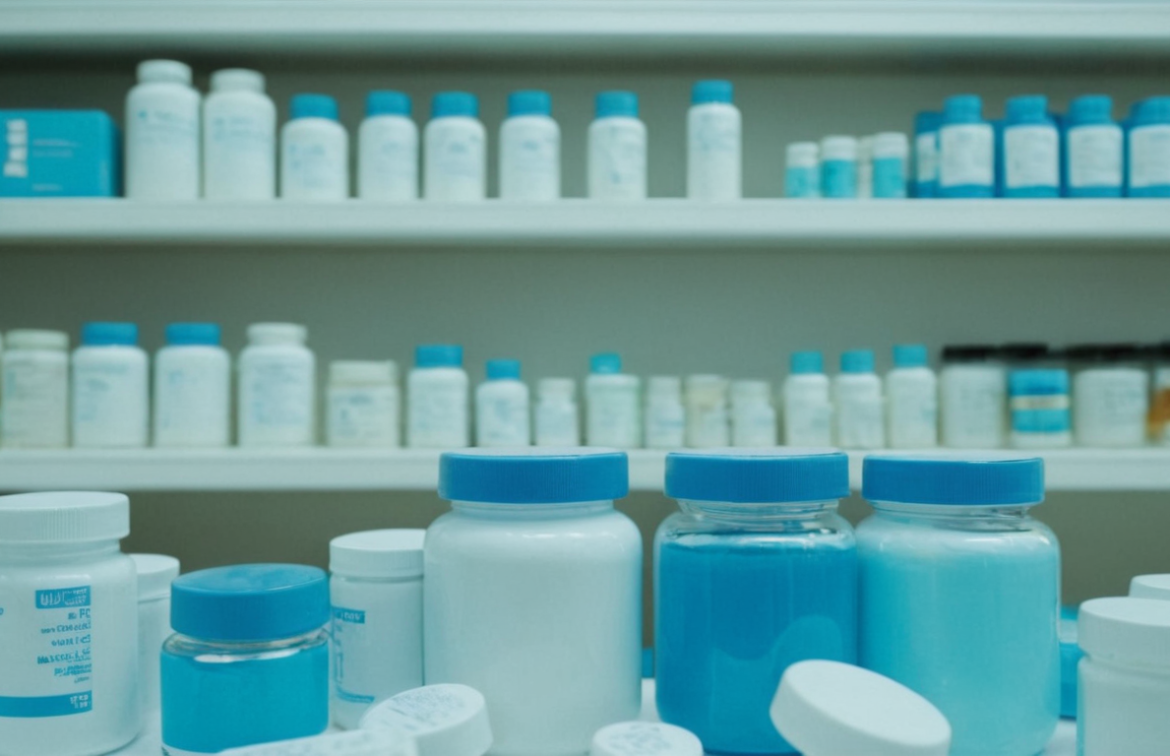Antiseptics are antimicrobial agents that are applied to living tissue to kill or inhibit the growth of microorganisms. They are commonly used in healthcare settings to prevent infections and protect against the spread of disease.
Disinfectants are antimicrobial agents that are used to kill or inactivate microorganisms on surfaces or inanimate objects. They are commonly used in homes, hospitals, and other places where the risk of infection is high.
Antibiotics are antimicrobial agents that are used to treat infections caused by bacteria. They work by interfering with the growth and reproduction of bacteria, either by killing them or inhibiting their ability to divide and spread. Antibiotics are not effective against viruses, which are the cause of the common cold, flu, and other illnesses.
It is important to note that the use of antiseptics, disinfectants, and antibiotics can have both positive and negative effects on human health. While these agents can help prevent and treat infections, overuse or misuse can lead to the development of antimicrobial resistance, which can make infections more difficult to treat.
To ensure the safety and effectiveness of antimicrobial agents, it is important to use them judiciously and according to the directions of a healthcare professional. It is also important to practice good hygiene and take steps to reduce the spread of infectious agents, such as washing hands frequently and covering coughs and sneezes.
In summary, antiseptics, disinfectants, and antibiotics are all important tools in the prevention and treatment of infections, but they must be used responsibly and in accordance with medical recommendations. By taking these steps, we can help protect ourselves and our communities from the spread of infectious agents.









